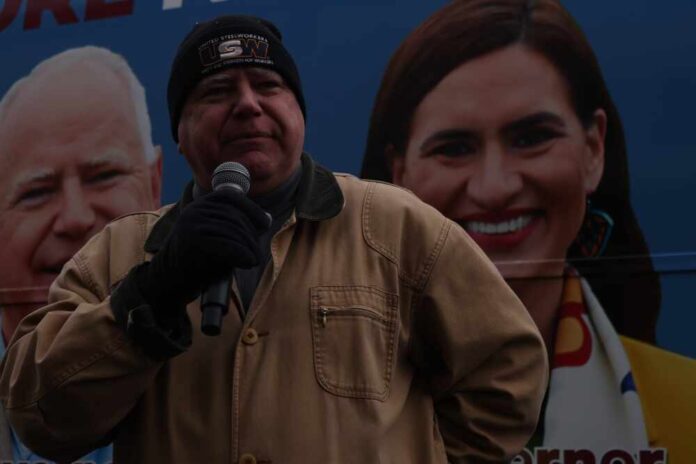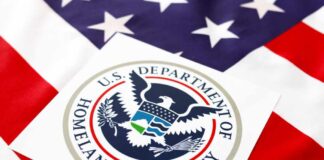
This week, Minnesota teachers face a new, unsettling mandate requiring them to complete a controversial cultural competency training centered around Native American history and culture. The latest iteration of the Minnesota law defines cultural competency as recognizing personal biases and affirming various racial, cultural, and socioeconomic identities. However, this requirement goes further, instructing teachers to support students in recognizing “dehumanizing biases, discrimination, prejudices, and structural inequities.”
Enforced by the Minnesota Professional Educator Licensing and Standards Board (PELSB), this initiative began as a general cultural competency training in 2020. But this April saw a distinct divergence, as Native Americans and Alaskan natives were singled out as a unique category.
Yeah, definitely need school choice nationwide. https://t.co/mYuy3olVLx
— WA girl 4 Trump (@jess7719) August 4, 2023
PELSB staunchly defends its mandate, asserting it’s crucial for building trust between students and teachers. However, one can’t help but question whether this type of training fosters trust or promotes a divisive mindset.
The new law requires K-12 teachers to undergo training on the “cultural heritage and contemporary contributions of American Indians, with particular emphasis on Minnesota Tribal Nations.” Soon, this will be a standalone requirement for teachers renewing their licenses.
Gov. Tim Walz (D) championed this change, suggesting the previous requirements lacked sufficient focus on Native American history. Yet, his argument assumes that a narrowly tailored curriculum will yield better education. There is no clear evidence to support this.
The Foundation Against Intolerance and Racism (FAIR) Twin Cities has pushed back, rightfully noting that this training could foster divisiveness by rejecting a shared culture and equitable treatment. They articulate concerns about promoting group segregation over individual thought, arguing “teachers should encourage each student to examine varying points of view rather than reflexively conform to views attributed to that student’s groups or cultures.”
The state’s teachers union, Education Minnesota, has also raised concerns about this mandate adding an unnecessary burden to educators. President of Education Minnesota, Denise Specht, said, “We have to be aware of the extra time and effort each new requirement adds to the plates of educators and give them the adequate time and training they need to address these important pieces of delivering a well-rounded education.”
Despite these reasonable objections, the new policy has been enacted, forcing teachers to comply with this controversial directive. It’s worth questioning whether these top-down mandates genuinely advance the cause of education or if they sow discord, undermining the goal of a united, educated society.
These latest developments should serve as a wake-up call to all who value individual thought and actual learning. We must maintain a balanced, comprehensive education as we strive toward inclusivity. That would mean yielding to groupthink and division rather than fostering the unity and individual understanding that has made our nation great.












